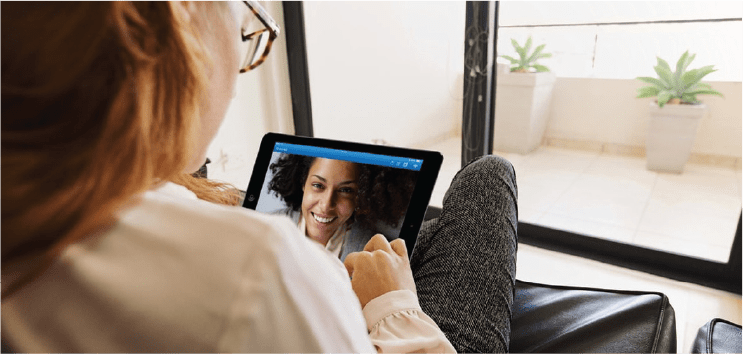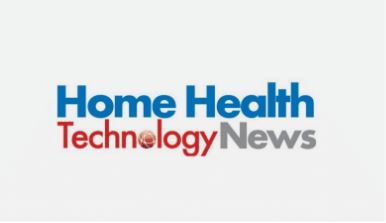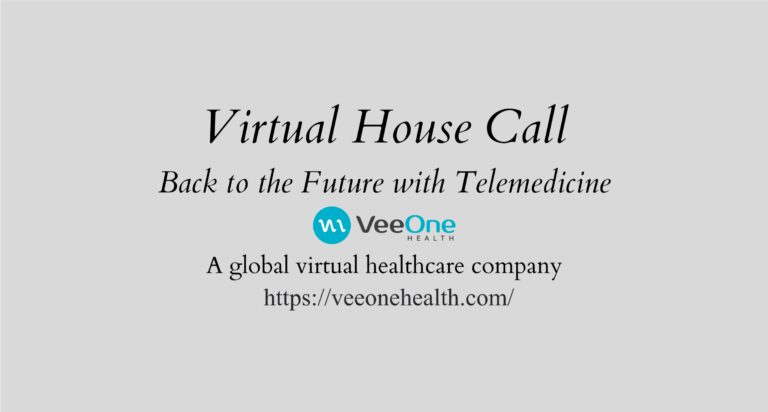Meaningful use incentives. MACRA and MIPS bonuses. HCAHPS scores. Over the past decade, there have been a host of healthcare initiatives designed to leverage technology, maximize value-based care, and keep patients happy. Thats a lot for any hospital system to juggle. Increasingly, hospitals are turning to telespecialists to deliver world-class care while ramping up value. Here are four ways that care delivered by telespecialists supports hospital objectives.
1. Keep Higher Acuity Patients In-House
Telespecialists extend a hospitals ability to care for higher acuity patients whose conditions can deteriorate rapidly. Via a telemedicine cart at a patients bedside, a teleintensivist can see the patient within minutes and then coordinate care with on-site staff. They can discuss the patients status with family members, creating realistic expectations and keeping the channels of communication open. The result? Fewer costly patient transfers to other facilities and increased reimbursements for care.
2. Reduce Hospital Lengths of Stay
Timely access to specialists helps to ensure that the length of a patients hospital stay is minimized. For example, a teleneurologist cuts response time and can more quickly diagnose and treat stroke patients. The resulting decreased mortality and reduced disability enables patients to more rapidly move through acute care and on to rehabilitation. Shorter lengths of stay lessen the risk of hospital-acquired infections, which supports value-based care and saves hospitals money.
3. Fewer Hospital Readmissions
Telemedicine provides a relatively unique opportunity to deliver a continuum of care that produces fewer hospital readmissions. An extensivist program enables telespecialists to follow recently discharged patients at risk of readmission to a skilled nursing facility or an outpatient clinic. Uninterrupted care increases patient compliance with discharge instructions and provides opportunities for medical intervention before the patients condition deteriorates and makes readmission necessary.
4. Increased Patient Satisfaction
Its crucial to ensure that patients are satisfied with the care they receive, and telespecialists can help boost patient satisfaction rates. The immediacy and one-on-one nature of the telespecialist-patient interaction reinforces the patient experience of the provider as attentive, skillful, and compassionate. And, because telemedicine spurs increased communication among the patient, family members, and onsite staff, it leads to increased compliance and better outcomes, both of which improve patient satisfaction.
Telespecialists offer multi-dimensional value to hospitals. In addition to factors such as fewer transfers and readmissions, reduced lengths of stay, and increased patient satisfaction, telespecialists add value to a hospitals staffing model. They can provide a cost-effective means of supplementing staff on nights and weekends, fill staffing gaps in remote hospitals, and conduct efficient patient rounding. Telespecialists have a role to play in delivering hospital care, and in supporting the hospital systems value-based goals and objectives.
VeeOne Health is a leading provider of turnkey telemedicine solutions that support hospitals value-based care initiatives. VeeOne Healths telespecialists are all U.S. board certified. The companys technology is powered by VeeOne OS, and encompasses the VeeDoc iOS app for telespecialists, the patient-side VeeKart telemedicine cart, and VeeOne Healths administrator portal. For more information or for a demonstration, please call XXX-XXX-XXXX.





